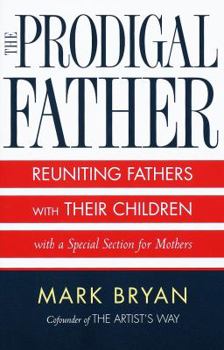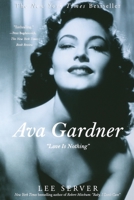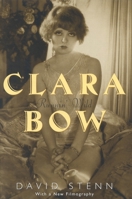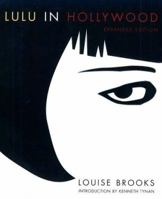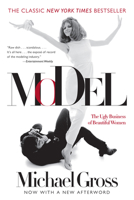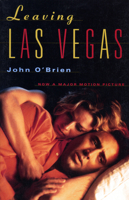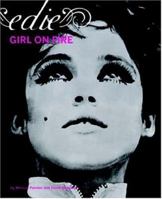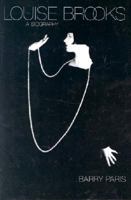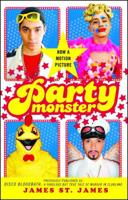Prodigal Father : Reuniting Fathers and Their Children
Select Format
Select Condition 
You Might Also Enjoy
Book Overview
InThe Prodigal Father, Mark Bryan addresses this important social issue by offering a proven program to help fathers assume a vital role in their children's lives. "Through my work and my own experience as an absent father, I've come to realize that what we call 'deadbeat dads' are actually broken-hearted dads," says Bryan. "Living in shame and denial about the pain of their loss (even when they were the ones who decided to give up their kids), these men feel hopeless and overwhelmed at the thought of attempting a reunion." Mark Bryan knows the problems of men who are divorced and don't see their kids as often as they would like, as well as those of the men who have totally lost touch with their children. He knows the guilt and shame they feel, the pangs at holiday times, the wrench when a father is alone and sees other fathers playing with their kids, taking them to school, waiting with them in the line at McDonald's. He knows how fathers wonder how they got "out of the picture," how they became "extraneous." He also knows that kids miss their fathers as much as their fathers miss them. He knows this because he is a reunited father himself, and because he has reunited many fathers with their children through his Father Project workshops. Bryan tells many of their stories, and his own, in this book. InThe Prodigal Father, Bryan recounts, in detail, the steps he took that led finally to the close relationship that he and his son Scott now enjoy. More recently, working with small groups of men around the country, Bryan developed an eight-step program to lead men from estrangement to reunion. Many men who never expected to see their children again now see them regularly, participate in decisions in their day-to-day lives, and enjoy the richness and joy only children can provide. Bryan's carefully conceived plan helps men negotiate the sensitive and potentially explosive path back.?? It includes: ???????? Acknowledging the loss and the pain ???????? Taking steps to regain self-respect and become the man you'd want to father your children ?????????? Making amends to your child's mother ?????????? Planning the meeting with your child ?????????? Reuniting ?????????? Recognizing the specific needs of your child at each age ?????????? Establishing an ongoing relationship; becoming close ?????????? Embracing your child's extended family; the stepfather and half sisters and brothers. ???????????????? A special chapter is addressed to mothers, urging them to help in the reunion process. Bryan's message will bring hope and happiness not only to the men who find their way back, but to their children, so often silent about their deep grief over the separation, and to the mothers long overburdened by the responsibilities of single parenthood. ???????? Says Bryan: "I will be touring to more than twenty cities to get the message of Reunion for Fathers across.?&
Format:Paperback
Language:English
ISBN:0609802038
ISBN13:9780609802038
Release Date:June 1998
Publisher:Three Rivers Press (CA)
Length:288 Pages
Weight:0.60 lbs.
Dimensions:0.8" x 5.2" x 8.0"
More by Ana Lora Garrard
Customer Reviews
6 customer ratings | 6 reviews
There are currently no reviews. Be the first to review this work.










